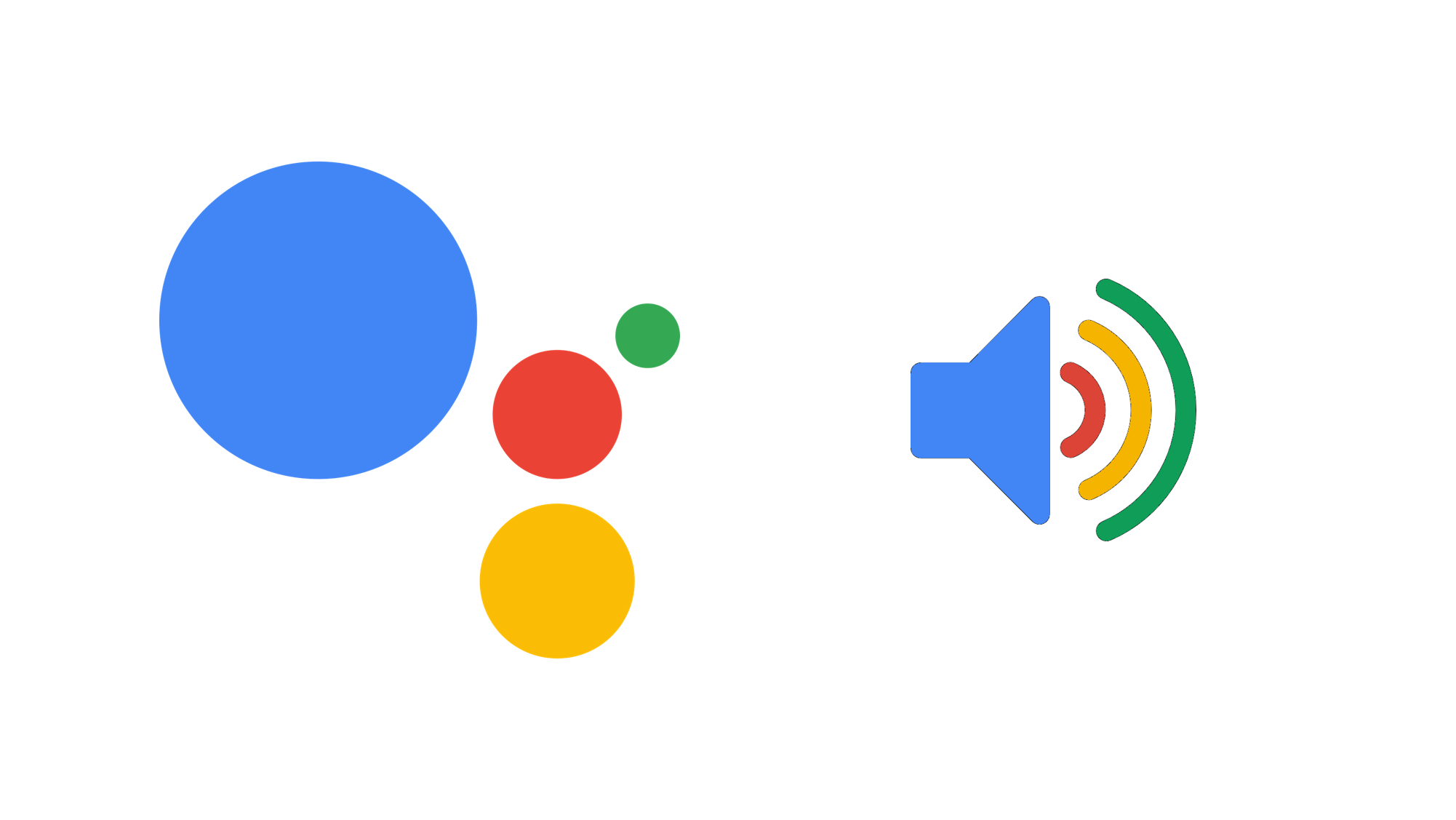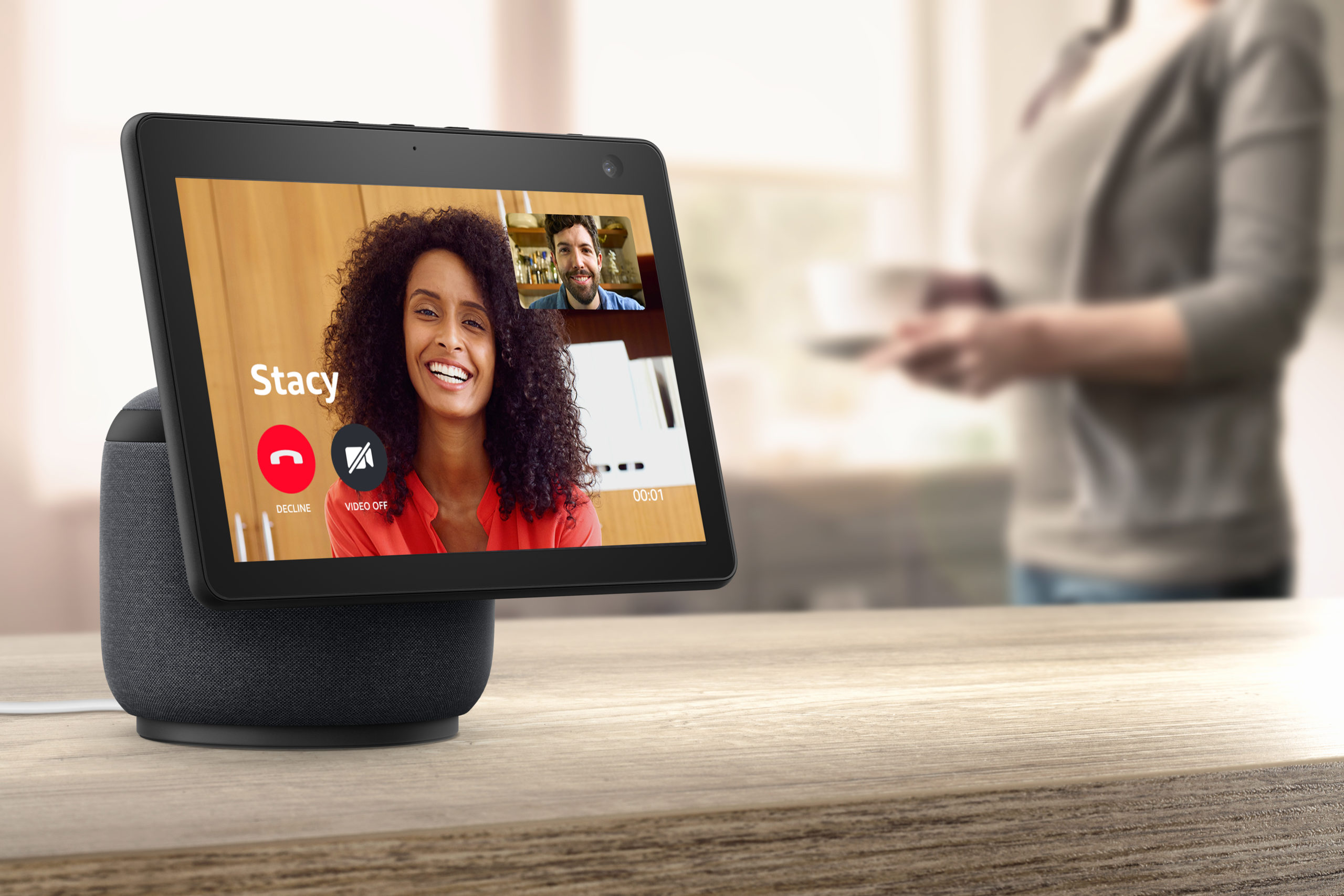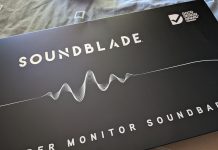Over the last few weeks, we’ve been taking a closer look at the two main contenders in smart home controls: Amazon Alexa and Google Assistant. During this time we’ve stopped and reflected on the state of play, had a look at daily use cases and specifically Smart Home setups.
As a starting point we went through some of the good and bad (regardless of how obvious) points that both Alexa and Assistant have. As a larger picture view, the Google Assistant platform is focussed on information — with all the Googley goodness — and being “smart”. This results in most, with the exception of the newer Nest Audio and higher cost Home Max speakers, of the Google speakers being smart devices with an acceptable speaker attached.
Alexa on the other hand — as we discovered in Week 2 — has a few quirks but is very much about daily use and streaming media. The speakers have a notably better quality to them at comparable prices, streaming media (let’s ignore derivations of YouTube) is better integrated and there is more hardware that is compatible with Alexa.
In each case, there’s a case to call a winner and loser, but all tolled; is one better than the other?
There’s space for more than one…
We mentioned last week that you don’t have to go all-in on a single option, but acknowledge that for many that’s going to be a viable option. The other big consideration for many potential buyers is the fact that some hardware won’t work with Alexa, others won’t work with Assistant.
As we’ve outlined in Week 3 of this series, if you’re already invested in certain systems (such as Ring) which have a clear affinity to one smart assistant over the other, part of your decision is probably already made, or going to be made for you…
Unless of course, you’re prepared to:
- Re-invest a lot of money in replacing that hardware
- Have a mix and multiple assistant setup in your home
- Have the hardware not perform to its integrated best
Many users will prefer to have a single system in place and if you’re starting from scratch then that’s a lot easier, but if you’re running a mix and match of equipment and needs: Don’t be afraid to mix and match your smart speakers. At the end of the day, this is your smart home and you should build it how you want it to operate.
The decision could be made on little details
If you’re entering into the smart home and integration realm for the first time, it’s highly likely that you’ve got a recommendation (or caution) from someone you know. Those are often based on personal experience and potentially bias, so decisions can be made on little details. Devices like the Echo Dot and Nest Mini exist largely to give users a cost effective and small form factor option to have smart capabilities through their home. But for a little more money, you’re getting a far more capable speaker.
Amazon controls the Alexa speaker market far more tightly than Google do with Assitant. LG, Xiaomi, Sony and Sonos — to name a few — have Assistant based speakers. But the barrier to entry for hardware to integrate with Google seems to be a bit higher, showing that Google are looking out for the user experience little more tightly than Amazon.
This is evidenced further in the larger list of smart home hardware that is ready to integrate, through Alexa Skills, with the Amazon based platform. This is a double-edged sword in that it brings more hardware, but that includes some pretty small time manufacturers who don’t necessarily want to (or careabout) fix broken skills.
So is there actually a winner?
There is a winner and its consumers! We’ve seen it for some time now with the Apple vs Google patent wars of years gone by and the two operating systems copying features from one another. What’s happening is that the competition is forcing adaptation, growth and evolution of all platforms.
There’s so much out there in the connected hardware world now, it’s worth doing a bit of research online before buying anything. Talk to your friends and family, their hardware may be interoperable with yours too with features like drop-in on Alexa and Duo on the Google Assistant platform.
Combined with the recent review of the Echo Show 10 we conducted, coupled with the time comparing Assistant and Alexa it’s been very interesting to compare the two platforms. Seeing where each of the two excel, where they fall short (in functionality and comparison to each other) and of course trying to decide if I’d recommend one over the other.
At the end of it all, if you’re heavily invested in one platform or another, I can’t in honesty suggest that the other is better. Both Alexa and Assistant have their strengths and weaknesses. I’m happy to say though, that if I was starting from scratch: I may well lean towards Alexa on the Echo speakers. That decision is, despite believing that the Google based platform is more reliable, for the broader range of connected hardware and better audio quality for comparable dollars.






